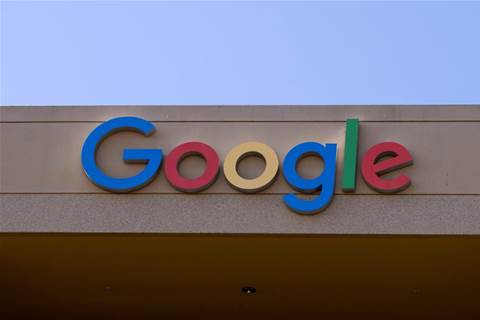Source: news18.com
With technology prevailing in nearly every single area of life, we often end up making conversations with artificially intelligent algorithms through our day. Think of when you asked Siri to identify a song for you, or Alexa to translate a particularly difficult Hindi word, or even the Google Assistant to read out a message you just received. While all of these features mostly work fine as standalone queries, these voice based conversations do not quite sound natural, or have a flow to them the way they would if you were to ask them to a fellow human being. It is exactly this that Google Meena, the company’s research division’s newest AI chatbot, wants to achieve.
In essence, the way Google Meena differs from other chatbots in the market is by the complexity of conversations that it is capable of. As a human being, our brains are contextually aware of topics, and can intelligently gauge aspects such as a conversation’s tone, to take a dialogue forward. For AI digital assistants, this is still a distant dream. For instance, ask Amazon’s Alexa for how many runs Virat Kohli scored in the previous cricket match, and it is likely to give you the correct response. However, if you follow this up with a second query of “did he play well?”, you’re likely to hit a dead end, with Alexa stating, “I don’t know what that is, but I could look it up for you.” Occasionally, Alexa might also end up playing a song called ‘Well’ from one of the linked streaming services, or in the worst case scenario, lead you to an Amazon listing of a book titled ‘Play Well’.
Such conversations are evidently not very natural. Giving a rather detailed, technical explanation of Meena in Google’s AI Research blog, Daniel Adiwardana and Thang Luong, senior research engineer and scientist (respectively), write, “Meena (is) a 2.6 billion parameter end-to-end trained neural conversational model. We show that Meena can conduct conversations that are more sensible and specific than existing state-of-the-art chatbots. Such improvements are reflected through a new human evaluation metric that we propose for open-domain chatbots, called Sensibleness and Specificity Average (SSA), which captures basic, but important attributes for human conversation. Remarkably, we demonstrate that perplexity, an automatic metric that is readily available to any neural conversational models, highly correlates with SSA.”
In simpler language, Meena has been built on a larger pool of data, computed through more complex networks and ways of structuring sentences. While the full technical explanation, figures and parameters can be found in Google’s blog here, what’s more interesting to note is the scope of usage of such AI algorithms. As a result of its ability to resolve complications, Meena is the first draft of an AI engine that can host a full conversation with you — even what we humans call “small talk”. With this, you can ask the assistant “What do you think of Richard Ashcroft?” Instead of giving a “It’s not my thoughts that matter, it’s yours”, an engine like Meena will probably be able to add context, and offer an opinion of its own.
This is also what adds aspects such as personality and depth to an AI engine — abstract concepts that have so far stayed away from the robots. Barring episodes of Black Mirror, AI development is progressing towards more advanced implementation of natural language processing, and more intricate neural networks that strive to emulate the human brain. Samsung’s Neon, the artificial humans, is one such early straw in a haystack that is sparse now, but bound to grow going forward. This, however, raises many questions about the use of such technologies, and raises the need to discuss the massive mental health and security implications that technology of such stature bring to the table. Multiple research papers have noted the impact of natural voice digital assistants can have on people, and while there have been plenty of positive anecdotes as well, careful safeguarding is required before such tools become mainstream.
Adiwardana and Luong have stated that Meena’s achievements were solely aimed at showcasing specificity and sensibleness, and the future research projects would be looking at aspects such as personality and factuality of information. For now, though, Meena looks to be somewhat adept for a first attempt at small talk, although that’s nowhere near your next door neighbour’s levels of intrusion.


